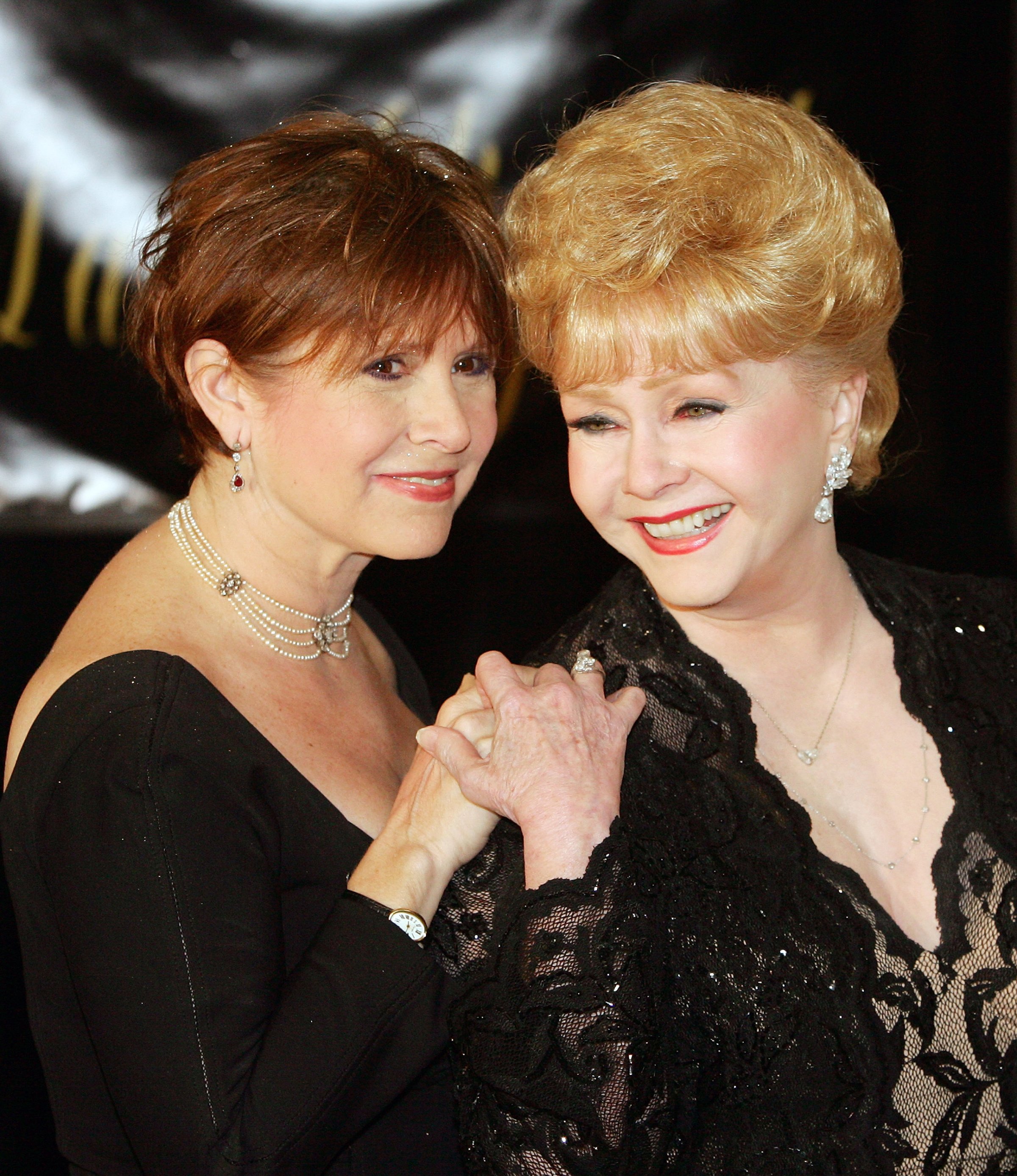
In late December, I went for a hike with my two daughters. And by hike I mean we walked, climbed and slid for five hours through a thick, wet mountainous patch of Costa Rican jungle to get to what promised to be a spectacular waterfall. It felt like we were either clawing our way up a 90-degree hillside or slipping uncontrollably down through red-clay mud toward hidden ravines rife with poison dart frogs and tiny, vicious biting ants. In other words, it was like the rest of 2016.
My daughters are spry and strong. And I thought I was too. But it became pretty obvious as we went on that while we were all falling and covered with mud, laughing at the absurdity of it all, they got up quicker and kept up with our guide more easily. I was always the slowest and the sweatiest.
They’d wait for me if I got too far back, watching as I picked my way toward them. It reminded me of the first glimpses I had of my mom as someone weaker than I, like when she started to get out of breath walking across parking lots. I remember reaching the doors of a supermarket and looking back bewildered, because she was still barely out of the car. And then there was the year my sister and I started making most of Thanksgiving dinner. It’s a slow shift that happens in small jolts over decades, until one day you’re your mother’s mother making sure she eats dinner.
When we got back to our vacation cottage and the Internet, I read that Debbie Reynolds had died just a day after her daughter Carrie Fisher. Fisher’s death was sobering. She wasn’t that much older than me, and selfishly I wanted to hear what she’d have to say about life in her 60s. Surely she would have shown us how to meet old age with wit and honesty.
The death of the two, mother and daughter, a famously entwined pair, was ineffably sad and kind of amazing. As Carrie’s brother Todd Fisher put it, theirs was a beautiful love story. Unique in its intensity and extremes, but not so different from most families in its shifting balances of authority, wisdom and health.
As our tribes expand and contract, we evolve to fit the new paradigms. The oldest child gets bogged down with her own kids and abdicates her spot as leader, the baby steps up and takes over. There will inevitably be illness, which can shatter all the old dynamics. So can betrayal or bankruptcy. We have to adapt, instead of clinging to stale expectations of ourselves or the people we love. There’s probably nothing harder to do than that.
When the girls and I finally got to that waterfall, it was indeed stunning: a 40-ft. wall of water crashing down with such fury that we had to shout above the noise. We peeled off a few soppy layers and jumped into the deep pool at the base. It was shocking, not because of the blast of coolness in the jungle, but because of the force of the current. It didn’t look swift, but underneath it was flowing so fast into the small river behind us that you could swim with all your strength and not get any nearer to the waterfall. It was like one of those home-exercise pools they sell on late-night TV.
For a while we tried, the three of us kicking wildly, to see who could move a foot closer only to be driven back into the pack again. Then the youngest of us figured out how to navigate the sharp rock walls around the edges where the water was calmer and almost made it to the base of the falls.
We gathered up our stuff, arguing over who would return with the heaviest pack. I did not get a pass due to age. Hadn’t they seen me struggling back there? Instead I was accused of being “able-bodied.” As we set off, back in formation, the girls climbed just ahead of me, talking intensely about something I couldn’t quite make out above the squawk and trill of the wildlife.
One can imagine that if Fisher hadn’t collapsed on that long London-to-L.A. flight, her 84-year-old mother would have gone before her, as these things are supposed to go. I want to believe that Fisher would have been O.K., that she would have adapted, that with her family she would have found a way to keep the most pernicious aspects of her bipolar disorder in check without Reynolds’ care. Of course, that’s what every generation hopes for the next–that they’ll be able to take care of each other without you, that when you slow down, they’ll have each other.
More Must-Reads from TIME
- Donald Trump Is TIME's 2024 Person of the Year
- Why We Chose Trump as Person of the Year
- Is Intermittent Fasting Good or Bad for You?
- The 100 Must-Read Books of 2024
- The 20 Best Christmas TV Episodes
- Column: If Optimism Feels Ridiculous Now, Try Hope
- The Future of Climate Action Is Trade Policy
- Merle Bombardieri Is Helping People Make the Baby Decision
Contact us at letters@time.com